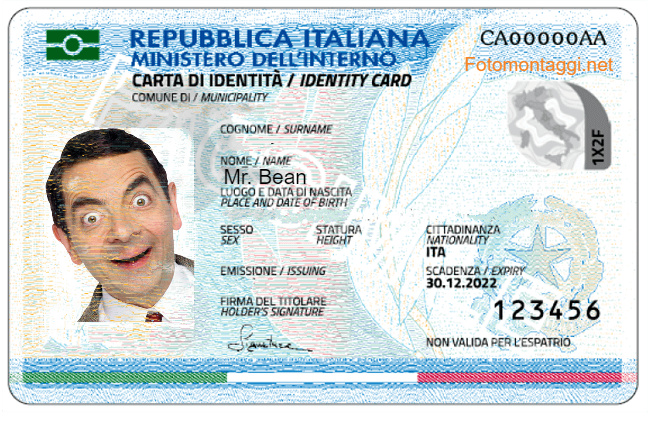ARBITRATION #214
You are a member of a five-person Board of Appeal hearing a three-day case focusing on Buyers’ non-performance of a contract for 3,000mts of groundnut oil. Buyers’ appeal is on two grounds – liability and damages. The issue of liability focuses on whether Sellers made time of the essence in relation to the date by which Buyers were required to open a contract conforming Letter of Credit (L/C)
In general terms, trade arbitrators know that a contractual obligation to open a L/C needs to be examined for the wording used by the parties. Sometimes the wording is general “Payment to be made by Buyers by a letter of credit to be opened through a first-class UK bank”. There may be an argument about whether the chosen bank is a first-class bank but that is not the issue here.
In this case, the issue is whether time was of the essence. Did Buyers open their L/C within the time limit set down in the contract? But no time limit was set. “That doesn’t matter”, said Sellers “Time is of the essence in all mercantile contracts.” Well, No. Time is of the essence only if the parties make the time of the essence. It has to be an agreed contract term for example; “Payment to be made by Buyers by a letter of credit opened through a first-class UK bank within seven days of the date of this contract”. Time was never made of the essence by the parties in this Contract and Sellers acted prematurely when seven days after the contract was signed they placed Buyers in default for failing to open their L/C.
On the facts of this case, Sellers were in default for breach of contract and the Board will find in favour of Buyers on liability. Now to damages and the commercial setting for this dispute is the surge in prices at the time the contract was entered into. And here we examine the conduct of Buyers and the evidence on which they rely to establish the market price on the date of default.
EPISODE 2. 4 MAY 2022
ASSESSING BUYERS’ MARKET EVIDENCE.






0 Comments